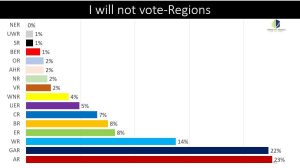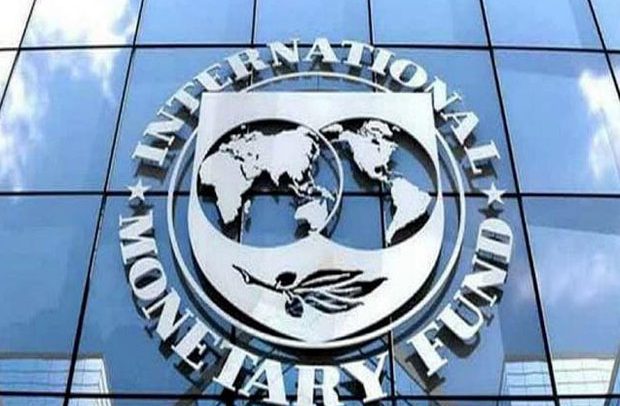
Coalitions of Civil Society Organisation (CSOs) have trained their members on the Global Financing Facility (GFF) project scheduled to start in July 2020 to boast Ghana's budget investment on health issues.
The Global Financing Facility is a project under the World Bank and it is a Country-led catalyst for health and nutrition of women, children and adolescents.
Speaking at the training, Ghana's focal person of GFF, Mr Ali Winoto Subandoro, explained that two trends led to the creation of GFF -- a country's insufficient resources to finance maternal, newborn, child health and nutrition and the need for a new model of development financing in order to assist governments to make enough budgets on health related matters.
He said Ghana the training was necessary as it would enable CSOs to monitor and demand for accountability from the government when the GFF programmes starts in Ghana.
He mentioned that the GFF Investment Case, which Ghana was benefiting, would last for a period of five years starting July 2020 and it was important for CSOs to be abreast with information and the processes of the project.
"The overall objective of the GFF was to end preventable maternal, newborn, child and adolescent deaths and improve the health, nutrition and quality of life of women, adolescents and children," he said.
Mr Subandoro added that as part of the project activities, financial analysis would be conducted to identify priority health financing reforms, adding that Ghana stands the chance of attracting more national and global investors to its economy.
The Programmes Manager of Alliance for Reproductive Health Ghana, Mr Nii Ankonu Annorbah-Sarpi, said though the government was able to achieve its target of domestic National Health Insurance levy to support the National Health Insurance Authority's programme during the period under review, government needed to provide update on the status of its debt and arears to health facilities for the period of September 2018 to May 2019.
"While an actuarial model has been developed by the NHIA to take cognizance of the cost of financing the NHIA, the government has not proposed new strategies to finance the scheme meaning that competing national interests and low tax revenue performance which finances 70 per cent of the scheme would continue to affect performance of and trust in the scheme," he said.
For Ghana to attain adequate financial risk protection and ultimately achieve universal coverage, Mr Annorbah-Sarpi said the government should systematically address all the issues affecting delivery of health services at the community level, especially paying more attention to the National Health Insurance Scheme (NHIS).
In her remarks, the Executive Director of Planned Parenthood Association of Ghana (PPAG), Madam Abena Adubea Amoah, called for collaboration among COSs to achieve a common goal in the sector.
She said CSOs were the mouth piece of the public and should therefore join resources together to make sure the government delivered on its promises in the health sector.
Hits: 29
Read Full Story



















Facebook
Twitter
Pinterest
Instagram
Google+
YouTube
LinkedIn
RSS